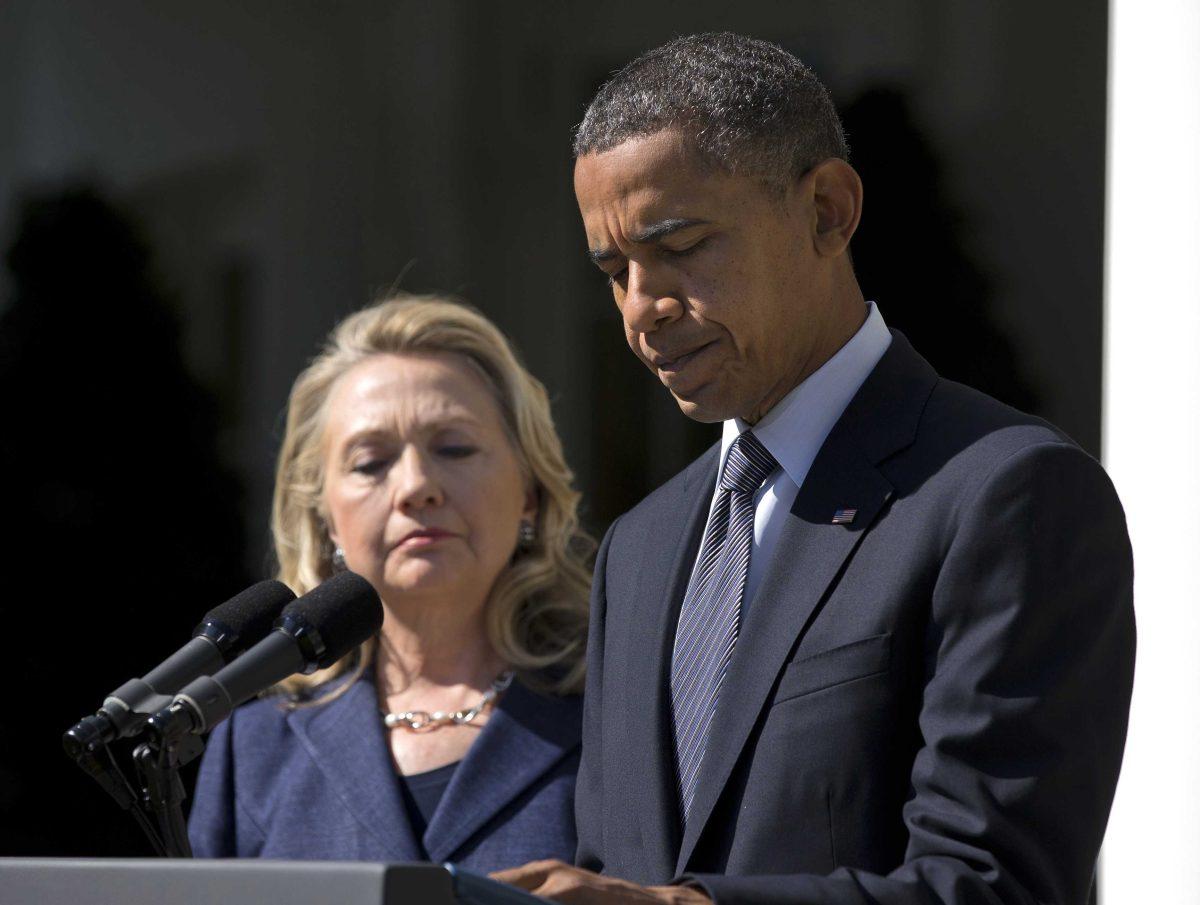Rejoice, civil libertarians. Indefinite detentions have finally met their match in court.
U.S. District Judge Katherine Forrest issued a permanent injunction Wednesday of the indefinite detention provisions located in the National Defense Authorization Act (NDAA) of 2012.
The NDAA is an annual bill specifying the Defense Department’s budget. Last year’s version, however, included language authorizing the government to indefinitely detain anyone, including anyone who “substantially supports” al-Qaida, the Taliban or “associated forces.”
The problem lies in the fact that “substantially supports” and “associated forces” are vague terms that would give the government irresponsibly broad powers that could be used against American citizens.
Journalists, writers, activists and dissidents of all kinds immediately began to fear this new power when it arose, prompting Pulitzer Prize-winning journalist Chris Hedges — along with other notable dissidents including MIT Professor Noam Chomsky and noted whistle-blower Daniel Ellsberg — to file suit against the Obama administration.
The result: Wednesday’s injunction.
Yet while Judge Forrest’s ruling was a victory for liberties and the justice system, it was also a sign of President Obama’s failure to be the change he promised.
When President Obama signed the NDAA on New Year’s Eve last year, he issued a signing statement declaring his “serious reservations” about the bill’s detention provisions.
Obama apologists have latched on to this statement, arguing the president could not take the political risk of vetoing defense funding.
I prefer to judge people — especially politicians — by their actions, not empty promises.
When a temporary injunction was filed against the detention provisions in May, the Obama administration didn’t back off relieved that these powers were temporarily struck down. Instead, the administration appealed the decision, demonstrating a clear will to keep the powers laid out in the NDAA.
In fact, during a hearing in March, Judge Forrest continually asked the administration’s lawyers if the NDAA would apply to journalists doing war correspondence or writers exercising political speech protected by the First Amendment. Time and time again, the lawyers claimed they could not answer those questions.
If the administration refused to define the scope of the bill, how can the civilian population ever know what actions would lead to detention under these powers? And how can anyone ensure a future administration won’t apply an even broader interpretation of the NDAA’s provisions?
The administration’s refusal to give specifics on the limits of the NDAA’s detention provisions seems to indicate a desire to keep these powers as vague and broad as possible so they can be applied in whatever way the executive branch sees fit.
The Sedition Act, the Espionage Act of 1917 and COINTELPRO are all historical evidence of our government’s abuse of authority when dealing with those who disagree with it.
Yet the NDAA hearings brought their own evidence for possible abuse.
During the hearing in March, journalist Alexa O’Brien produced a Department of Homeland Security memo that sought to link the Occupy Wall Street protests with cyberterrorism, according to author Naomi Wolf, herself a plaintiff in the lawsuit.
The administration did not dispute the memo when given a chance by Judge Forrest.
Judge Forrest’s permanent injunction of the detention powers was an encouraging decision after a decade of watching civil liberties deteriorate in the name of security.
But it’s not over yet.
The Obama administration has already appealed the decision, and it is possible a different decision will be reached next time.
These are the types of powers all American citizens should be standing against. They defy the core ideals this country was founded on and threaten the health of our democracy.
Civil liberties will hopefully prevail, but it is up to us to pressure the president to cease his defense of these powers and let them die.
David Scheuermann is a 20-year-old mass communication and computer science junior from Kenner.





